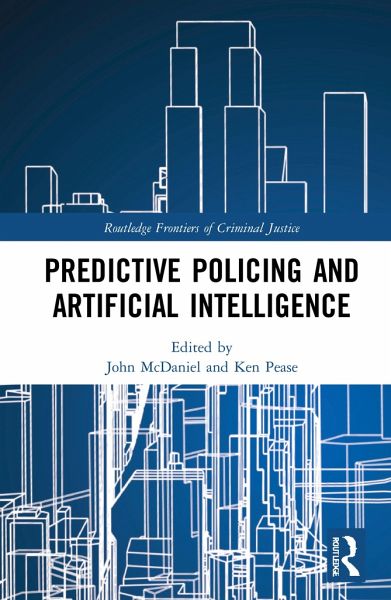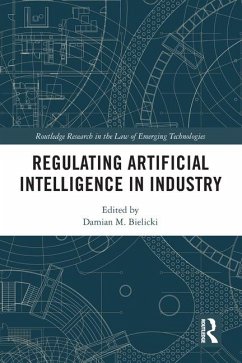
Predictive Policing and Artificial Intelligence
Versandkostenfrei!
Versandfertig in 1-2 Wochen
55,99 €
inkl. MwSt.

PAYBACK Punkte
28 °P sammeln!
This edited text draws together the insights of numerous worldwide eminent academics to evaluate the condition of predictive policing and artificial intelligence (AI) as interlocked policy areas; it explores themes of decision making, human rights and rule of law, as well as considering the future of the use of AI in policing.














